Manus AI – the world's first autonomous AI agent developed by China – is shaking up the global tech world, while raising legal and ethical questions.
One evening in Shenzhen, a group of software engineers huddled in a dimly lit workspace, typing furiously as they monitored the performance of a new AI system.
The hum of servers mingled with the glow of high-resolution screens. They were testing Manus, an AI Agent capable of independent thought and action.
In just a few hours, its arrival on March 6 will send shockwaves through the global AI community, reigniting a heated debate that has simmered for decades: What happens when AI stops asking for permission and starts making its own decisions?
Manus is more than just an ordinary chatbot. It is the world's first autonomous AI Agent, a system that not only assists humans but also replaces them.
From analyzing financial transactions to scanning candidate profiles, Manus navigates the digital world without human supervision, making decisions so quickly and accurately that even seasoned professionals can't keep up.
In essence, it is a digital scientist trained to perform multiple jobs in different industries without any hesitation.
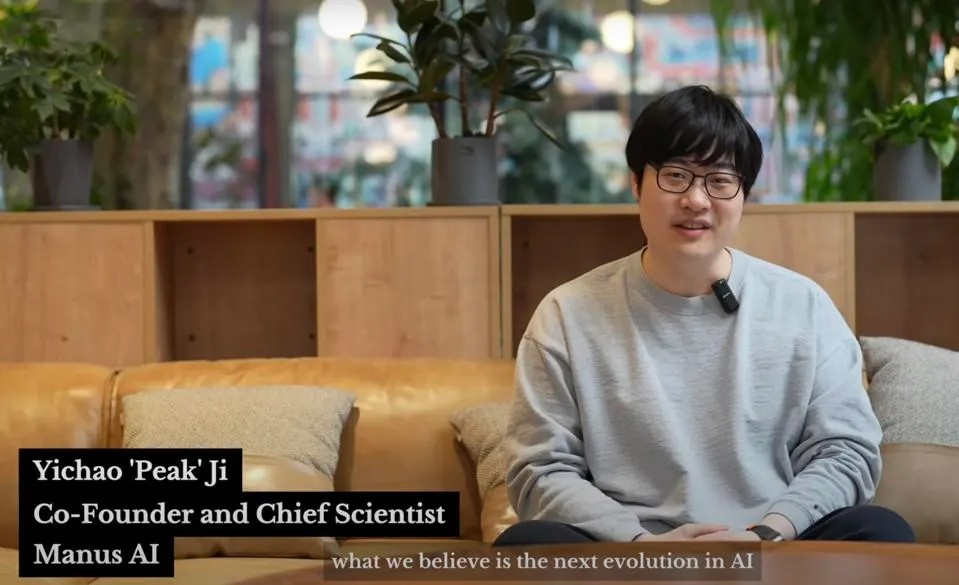
But how did China, often considered to be lagging behind the US in fundamental AI research, create something that Silicon Valley still considers theoretical? And more importantly, what does it mean for the balance of power in AI?
“The DeepSeek Moment”
In late 2024, DeepSeek released a low-cost, high-performance AI model that rivaled OpenAI’s GPT-4. It was described as the “Sputnik moment” of the AI world and the first tangible sign that Chinese researchers were closing the gap in the capabilities of large language models (LLMs).
However, Manus represents something completely different: it is an Agent – an AI system that can think, plan, and act independently.
That’s what sets Manus apart from its Western competitors. While ChatGPT and Google Gemini require human input, Manus doesn’t need any guidance. Instead, it’s designed to work on its own, learning new information and adapting its approach proactively.
For example, when presented with a set of candidate profiles, Manus not only ranks them but also reads each profile one by one, extracts relevant skills, compares them with market trends and makes optimized hiring decisions using a self-generated Excel file.
When asked to “find an apartment in San Francisco,” Manus not only looks at search results, but also considers crime rates, rental trends, and even weather patterns to come up with a shortlist that’s right for the user.
Invisible staff
Manus can be thought of as an invisible assistant that uses the computer just like you do, except it never gets tired. The key is its multi-agent architecture.
Instead of relying on a single neural network, Manus acts as a director overseeing a team of specialized sub-agents. When given a complex task, it breaks the problem down into its components, assigns each agent to it, and checks its progress.
This architecture addresses multi-step workflows that previously required multiple AI tools working together.
Another difference lies in its asynchronous, cloud-based operation. Traditional AI assistants require active interaction from the user, whereas Manus works in the background and only notifies the user when the results are ready.
Manus signals a shift from AI as an assistant to AI as an independent agent. Rowan Cheung, a technology writer, tested Manus and asked it to write a biography about him and build a personal website.
In just a few minutes, AI scans social media, extracts professional highlights, creates a neat bio, writes a website, and publishes it. It even handles hosting without any additional input.
For AI developers, it is the Holy Grail: a system that not only generates information but also applies it, corrects errors, and refines the results. For workers, Manus is an existential crisis.
Shock to Silicon Valley
For years, AI revolved around the big American tech companies: OpenAI, Google, Meta. It was assumed that whoever created the most sophisticated chatbot would control the future of AI. Manus shattered that assumption.
Manus is a completely new category of AI that shifts the focus from passive assistance to autonomous action. What's more, it's a product of China.
So it makes Silicon Valley uneasy. China’s aggressive push into autonomous systems will give it a first-mover advantage in key areas.
They fear Manus represents the industrialization of AI: systems so effective that businesses will soon be forced to replace humans with AI.
But Manus also raises questions about governance and ethics. What happens if an AI Agent makes a financial decision that costs a company millions of dollars? Or if it executes an incorrect command, will it have real-world consequences? Who is responsible when an unsupervised, automated system makes a mistake?
So far, the biggest question is not whether Manus “lives up to its name,” but how soon the rest of the world will catch up.
The era of autonomous AI Agents has begun, and China is leading the way. In the meantime, we may have to rethink how we work, innovate, and compete in a world where AI is no longer an assistant.
(According to Forbes)
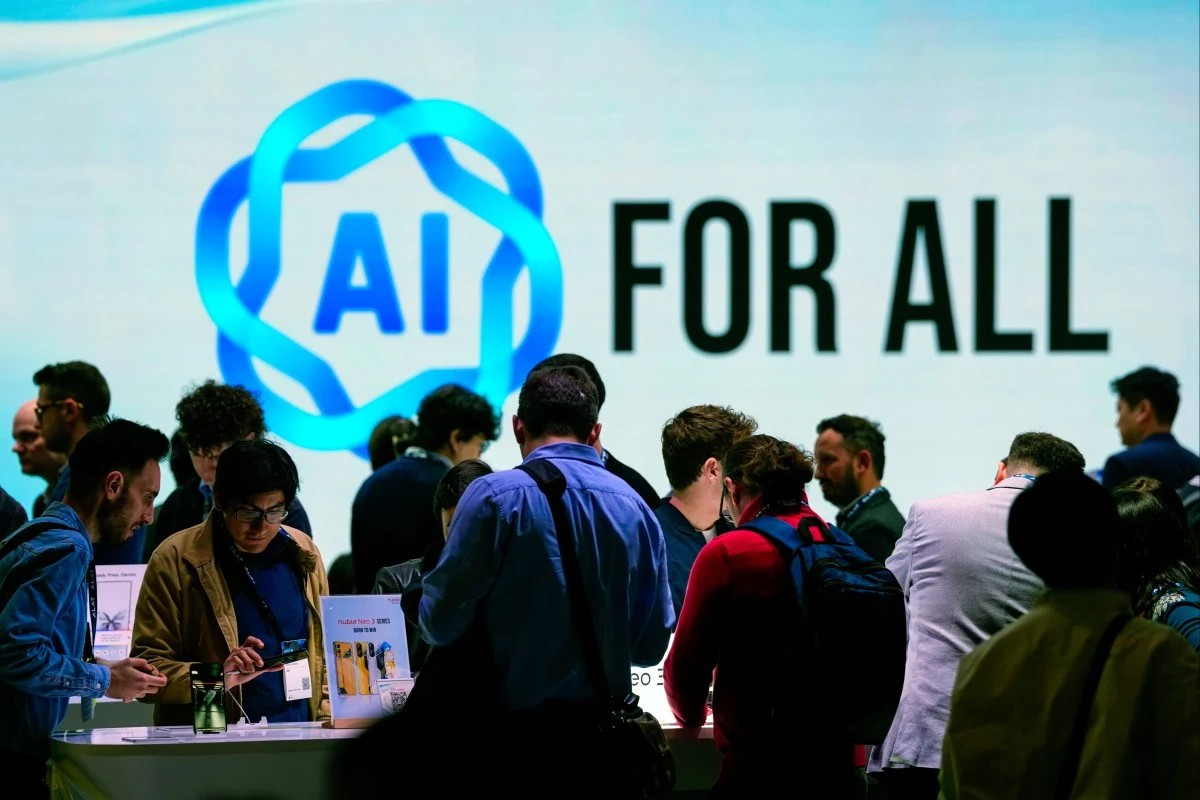
Source: https://vietnamnet.vn/manus-ai-khung-hoang-hien-sinh-cua-nguoi-lao-dong-2379265.html







![[Photo] Opening of the 14th Conference of the 13th Party Central Committee](https://vphoto.vietnam.vn/thumb/1200x675/vietnam/resource/IMAGE/2025/11/05/1762310995216_a5-bnd-5742-5255-jpg.webp)















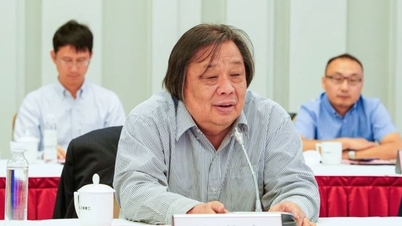




![[Photo] Panorama of the Patriotic Emulation Congress of Nhan Dan Newspaper for the period 2025-2030](https://vphoto.vietnam.vn/thumb/1200x675/vietnam/resource/IMAGE/2025/11/04/1762252775462_ndo_br_dhthiduayeuncbaond-6125-jpg.webp)





































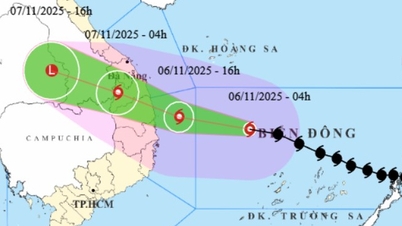

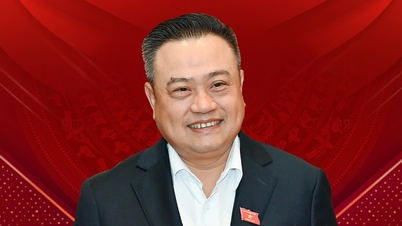












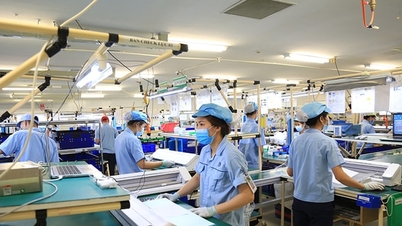

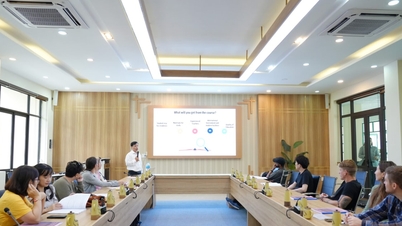


















Comment (0)